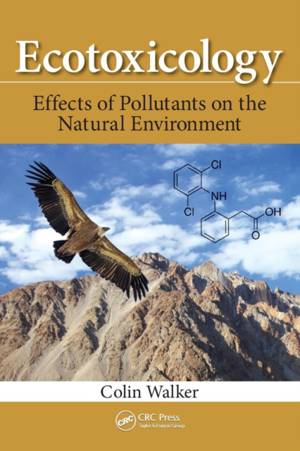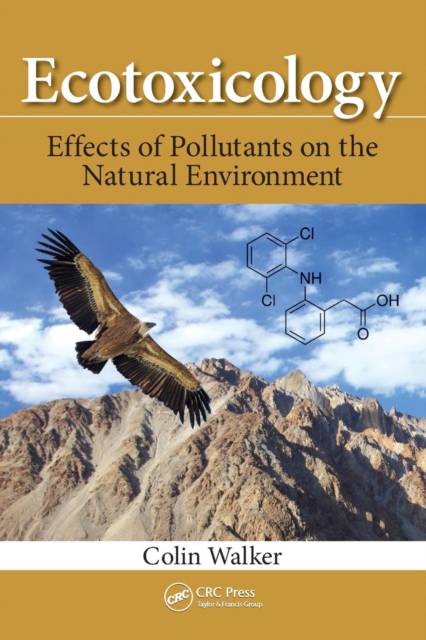
- Retrait gratuit dans votre magasin Club
- 7.000.000 titres dans notre catalogue
- Payer en toute sécurité
- Toujours un magasin près de chez vous
- Retrait gratuit dans votre magasin Club
- 7.000.0000 titres dans notre catalogue
- Payer en toute sécurité
- Toujours un magasin près de chez vous
Description
Chemical Warfare in Nature
Pesticides and other industrial chemicals are at the root of many pollution problems. In view of the toxic effects of industrial chemicals found in the water, soil, and air, Ecotoxicology: Effects of Pollutants on the Natural Environment considers the impact of chemicals on the environment from a wider perspective: the evolution of plant toxins--and defense mechanisms against them in animals as a consequence of plant-animal warfare. Comparisons are made between this and the development of resistance by insects towards man-made insecticides.
Pesticides and Drugs
The text focuses particularly on problems posed by pesticides and, to a lesser extent, by drugs. This material specifically addresses the problems that pesticides pose and explores the development of resistance to them. It focuses on the history of pesticides, pesticide selectivity between target species and beneficial organisms, and types of pesticides. It discusses mandatory ecotoxicity testing as part of the process of risk assessment of environmental chemicals. The text considers the effects of pollutants at the population level, with respect to changes in numbers and genetic composition. It factors in the sublethal effects of pollutants on population levels, and cites an increase in the concentration of persistent pollutants in natural food chains as a cause of the decline of certain vertebrate predators.
Overall the text:
- Considers plant toxins as models for pesticides
- Emphasizes principles illustrated with practical examples
- Includes a glossary of terms
Divided into three sections, this text uses a variety of examples and case studies to examine the effects of pollutants--including naturally occurring ones--on natural processes. It guides the reader through the basic issues and principles; outlines the science of ecotoxicology, which is the study of the effects of chemicals upon ecosystems; and introduces various strategies for pollution control.
Spécifications
Parties prenantes
- Auteur(s) :
- Editeur:
Contenu
- Nombre de pages :
- 233
- Langue:
- Anglais
Caractéristiques
- EAN:
- 9781466591790
- Date de parution :
- 07-05-14
- Format:
- Livre broché
- Format numérique:
- Trade paperback (VS)
- Dimensions :
- 155 mm x 226 mm
- Poids :
- 408 g

Les avis
Nous publions uniquement les avis qui respectent les conditions requises. Consultez nos conditions pour les avis.






